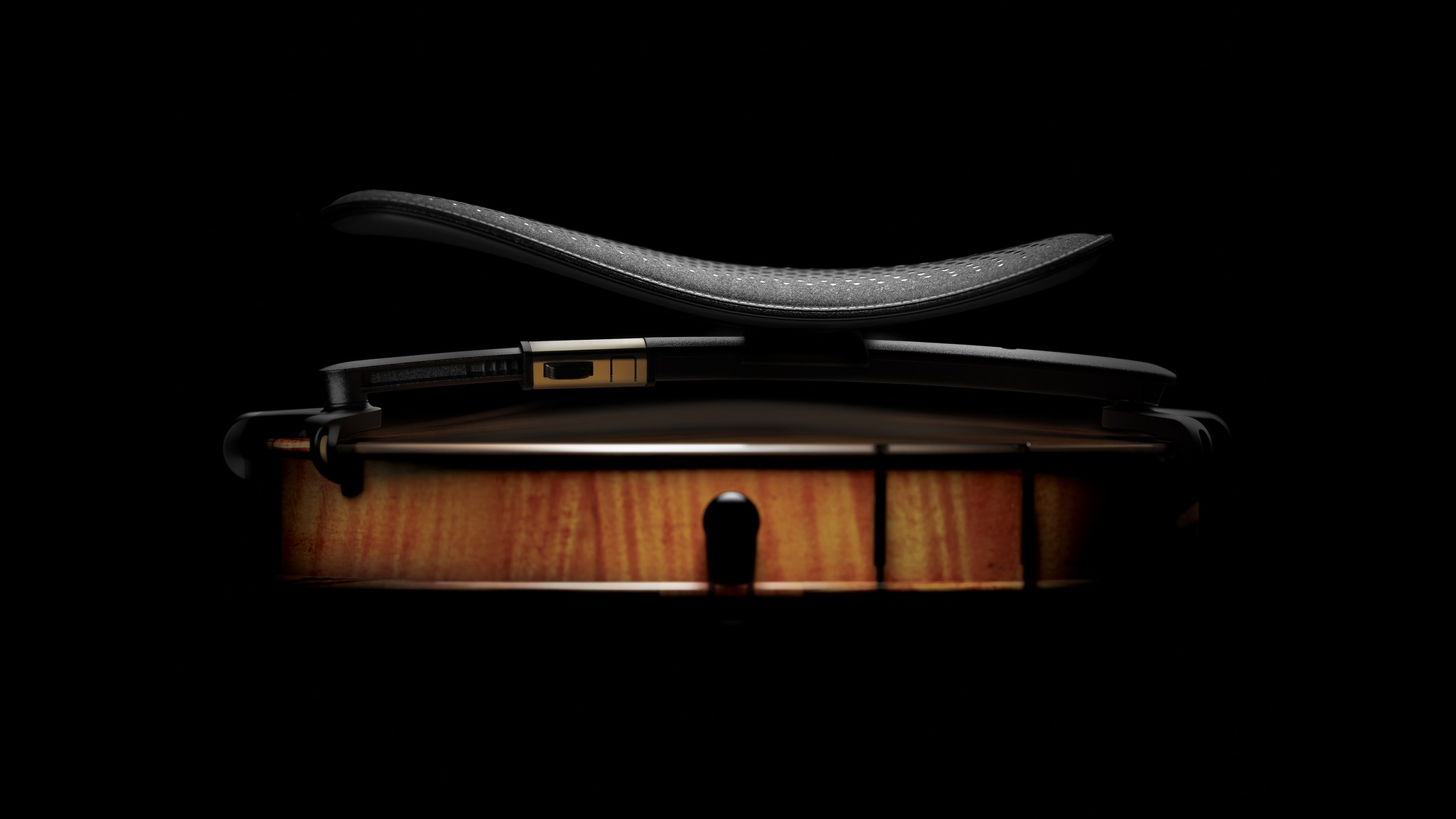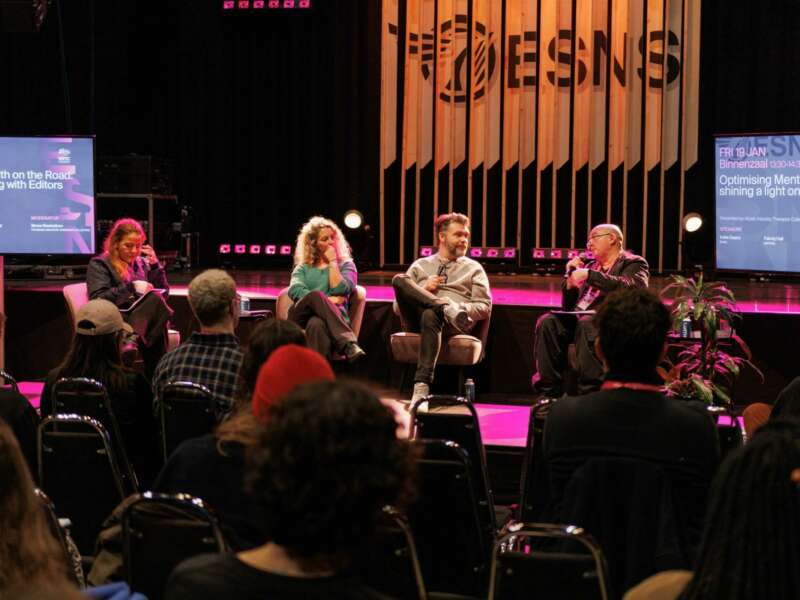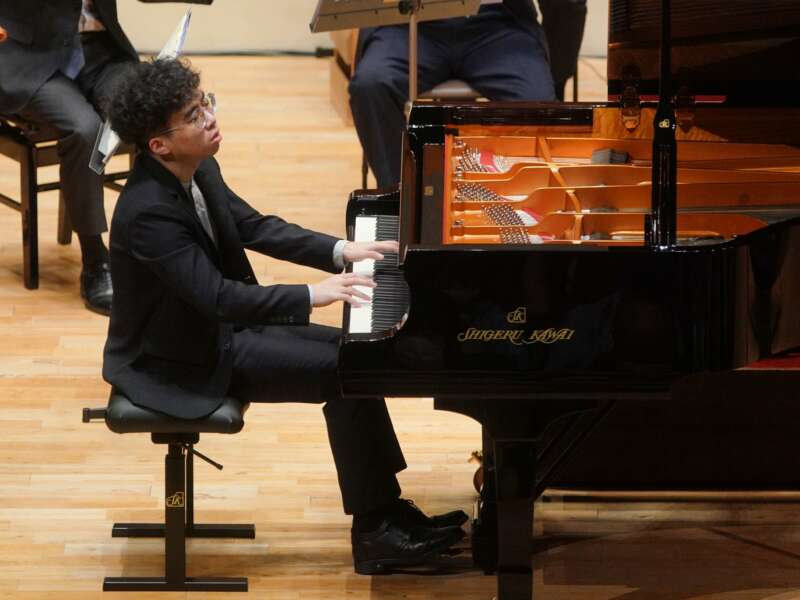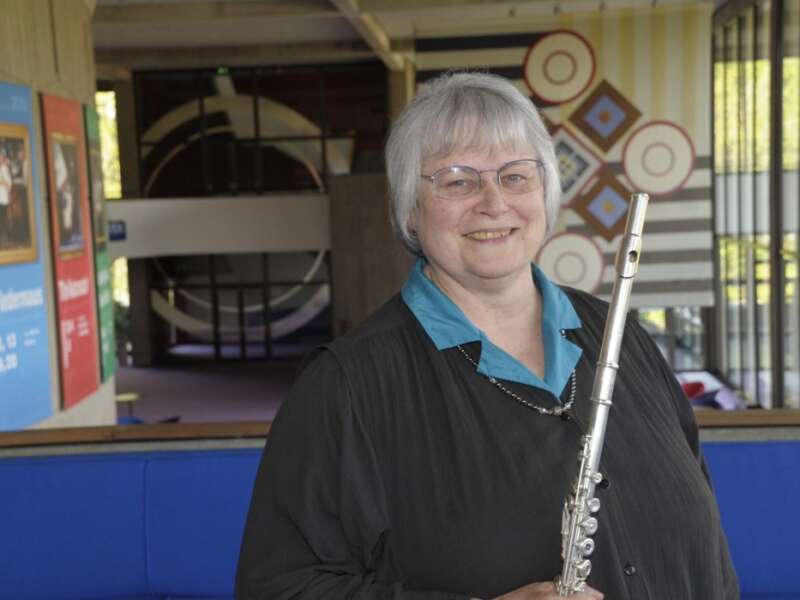Canada's Kun Violin Shoulder Rest Company Shows Effects of Trump’s Tariffs
Based in Ottawa, the company that makes violin shoulder rests is facing risks from Trump’s potential tariffs on Canada
(Update as of April 9, 2025: A representative of Kun has recently told The Violin Channel that Kun was luckily "spared" from the tariff announcement)
As reported by The New York Times, the Trump administration’s recent tariffs on multiple countries and their imported products to the U.S. are having a major influence on global trade.
Among those potentially impacted is the Kun Shoulder Rest factory in Canada’s capital city. Operating in Ottawa, Kun is a family-owned business that crafts ergonomic shoulder rests used by violinists internationally.
With Trump’s new trade policy, these shoulder rests are now among the many Canadian products facing possible tariffs of 25%, which would endanger Kun’s sales in the U.S. — the location for more than a third of its products.
Additionally, potential retaliatory levies by the Canadian government in response to Trump’s new policies may further increase Kun’s costs for a specialty nylon (one of its primary ingredients), which is made by an American company.
“We’re operating in this rarefied world of mostly orchestral stringed instruments,” the company’s director Juliana Farha told NYT. “If you play the violin, you know about it. And if you don’t, it’s just some weird widget that you’ve never heard of.”
On Canada’s potential retaliatory tariffs this week, Farha added that the company “would be hit with a double whammy” of increased costs.
She also states that those benefiting from the imposed tariffs would not be an American brand that could gain a bigger share of the market, but Chinese companies that produce crude imitations of Kun’s products, often at half the price, which Farha explained is difficult for her to accept.
“That’s the idiocy of the whole thing,” she said, adding that her only American competitor makes its products in Taiwan. “There is no shoulder rest made in the United States that I’m aware of. There’s a huge market for Chinese copies.”
Kun was started by Farha’s stepfather, a violin maker who arrived in Ottawa from Czechoslovakia after the suppression of the Prague Spring in the late 1960s. By the early 1970s, he had a patented version of the shoulder rest.
The business then grew through international trade with distributors in Japan, Singapore, Taiwan, Germany, and Austria. Music schools across the U.S. helped generate sales and a North American regional trade agreement allowed Kun to ship its products across the border free of duties.
june 2025
july 2025




































